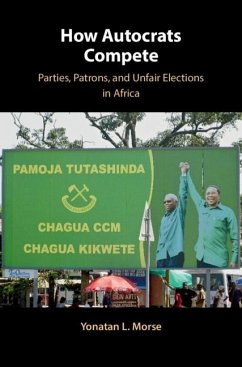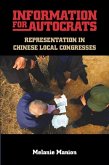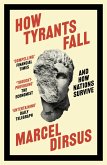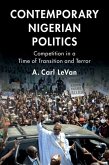Most autocrats now hold unfair elections, yet how they compete in them and manipulate them differs greatly. How Autocrats Compete advances a theory that explains variation in electoral authoritarian competition. Using case studies of Tanzania, Cameroon, and Kenya, along with broader comparisons from Africa, it finds that the kind of relationships autocrats foster with supporters and external actors matters greatly during elections. When autocrats can depend on credible ruling parties that provide elites with a level playing field and commit to wider constituencies, they are more certain in their own support and can compete in elections with less manipulation. Shelter from international pressure further helps autocrats deploy a wider range of coercive tools when necessary. Combining in-depth field research, within-case statistics, and cross-regional comparisons, Morse fills a gap in the literature by focusing on important variation in authoritarian institution building and international patronage. Understanding how autocrats compete sheds light on the comparative resilience and durability of modern authoritarianism.
Dieser Download kann aus rechtlichen Gründen nur mit Rechnungsadresse in A, B, BG, CY, CZ, D, DK, EW, E, FIN, F, GR, HR, H, IRL, I, LT, L, LR, M, NL, PL, P, R, S, SLO, SK ausgeliefert werden.









